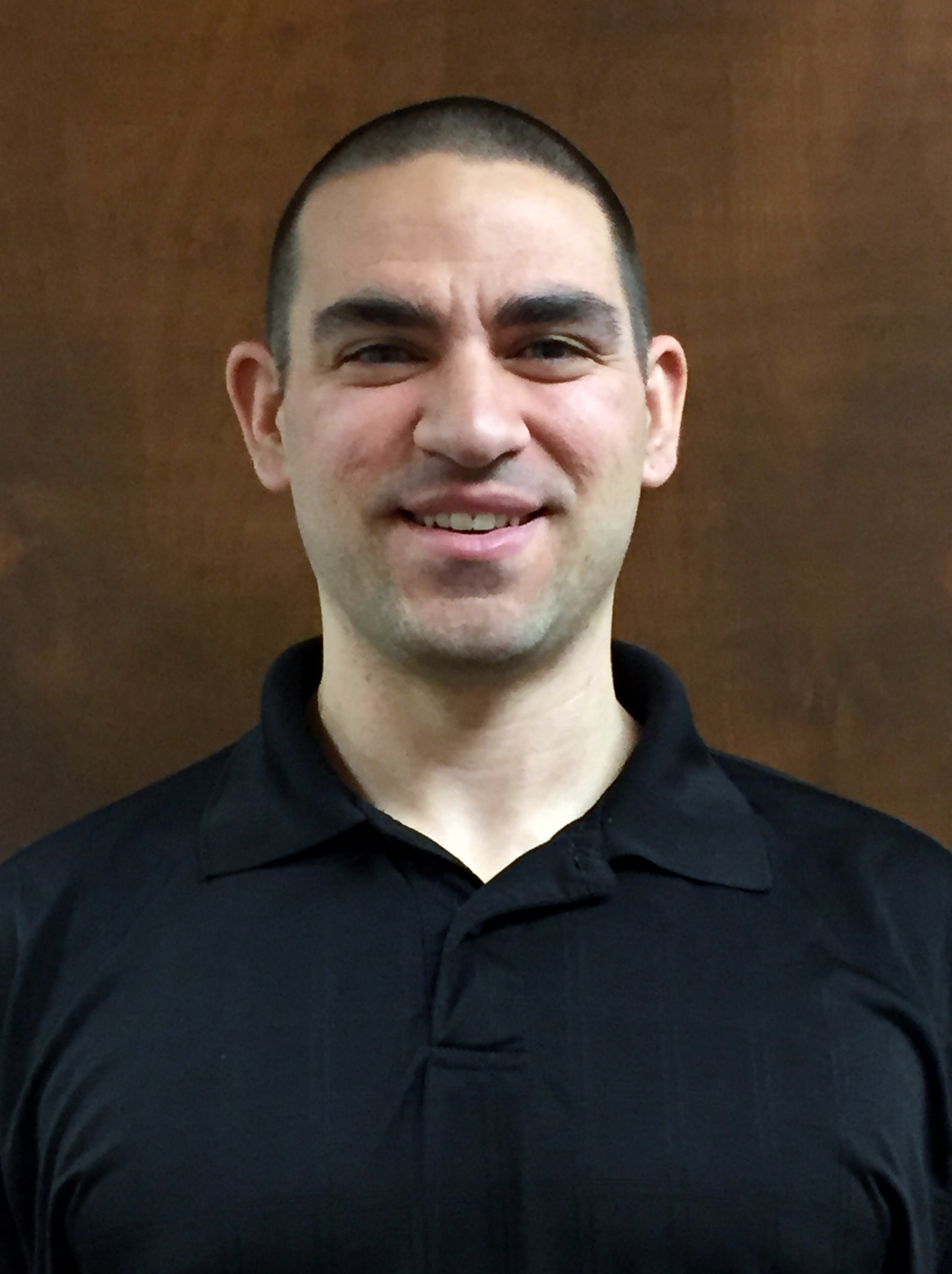Problem Gambling after the Big Game Posted On
The Big Game is behind us. As a loved one to someone struggling with problem gambling, how do you feel? How has your family been affected by gambling during this time of year? This game may have intensified the negative consequences of a loved one’s gambling. There are things you can do to reduce the effects felt from gambling after the big game.
The Big Game Can Be A Trigger
From the end of January up until the big game, the media covered the upcoming game, the players, and facts about the stadium where the game was played. There was so much media specific to the game on news outlets, in articles, and advertisements. People struggling with problem gambling may feel inundated with chatter about the big game. They may have felt triggered to make a bet, increase their current betting, or get involved in additional gambling activities like daily fantasy sports. Now, after the game, the media will continue talking about what happened. For anyone negatively affected by problem gambling, this game may feel endless.
Consequences of Problem Gambling
As a loved one of someone struggling with problem gambling, you may noticed some increasing consequences from gambling.
- Preoccupation with the outcome of the game. This could result in being absentminded and forgetful about important daily routines or upcoming events with loved ones. This could also be due to anger about losses and looking to win money back.
- Tension in relationships. This could result in an increase of isolation and avoidance by the person struggling with problem gambling.
- Irritability. People may be struggling with healthy habits, such as regular sleep, healthy eating choices, and regular exercise causing an increase in irritability.
Take Action to Reduce the Effects
- Focus on mutual non-gambling hobbies and interests. Spend more time on things that are not gambling related. This can help subside some of the after-effects from the big game. Focus on things that aren’t related to the game and avoid questions about it. Whether or not the person struggling is in recovery for problem gambling or not, a focus on loved ones can help everyone repair relationships, together.
- Learn more about problem gambling. Whether you’re reading eBooks on problem gambling, watching educational videos, or finding articles online, knowledge is power. Learn all you can about problem gambling, warning signs and possible consequences so you can support your loved ones, including the one struggling.
- Know that it’s okay if you need help and that you are not alone. Help is available because people want to support people and families struggling with problem gambling. If you’re unsure where to start on your search for help, the answer is your local Problem Gambling Resource Center. Whether you’re just looking for information or need to make an appointment to talk to someone, your local Problem Gambling Resource Center staff can help.

